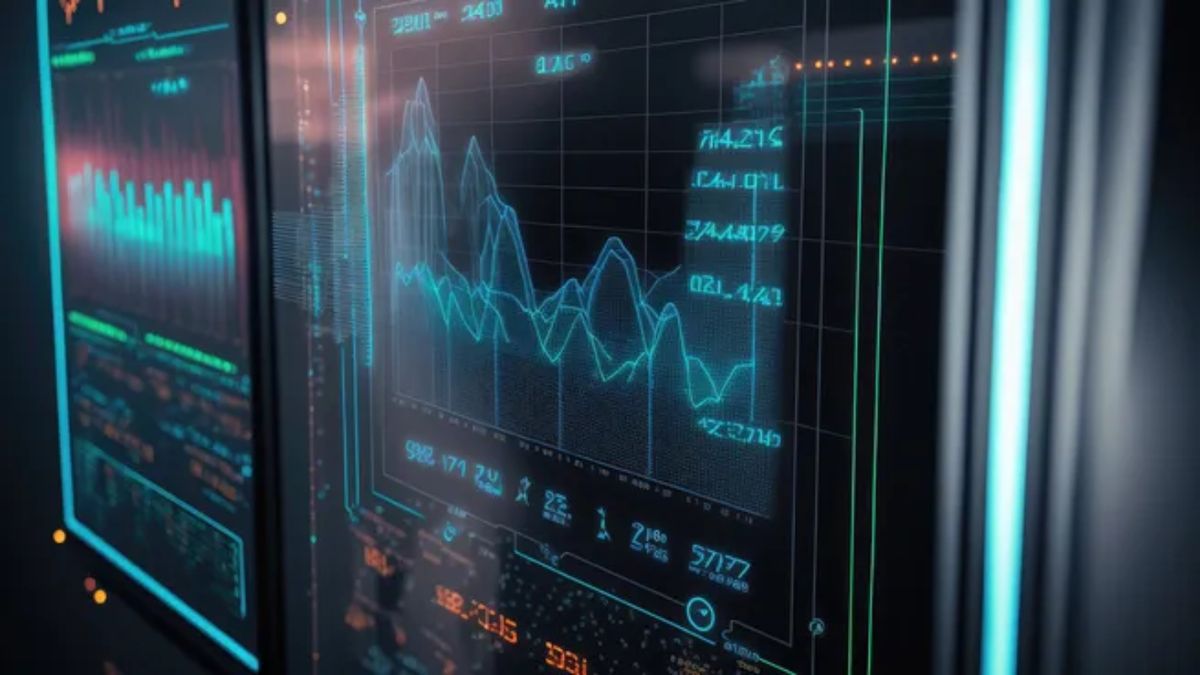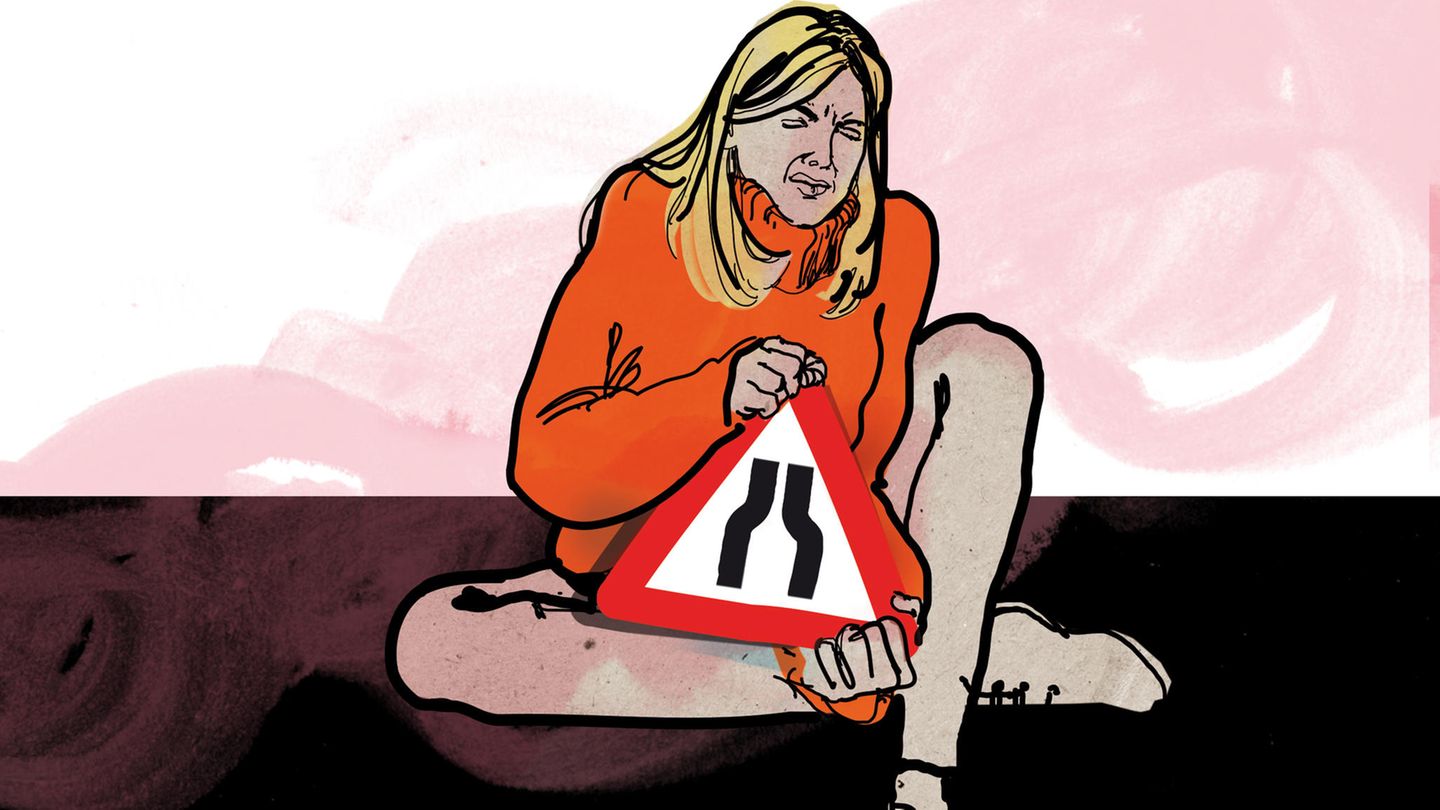Image: cbx
After the devastating results of the AK tests three years ago, consumer advocates wanted to know again. They bought ten kebabs from randomly selected restaurants in Linz and brought them to the Belan civil technicians’ laboratory. There, the samples were immediately examined from a microbiological and sensory point of view. The experts in the laboratory evaluated the meals according to the Food Safety and Consumer Protection Act and consumer expectations, the Upper Austrian Chamber of Labor informed on Wednesday.
This time, too, the test brought an unsavory result. Considerable amounts of enterobacteria were detected in most of the samples examined. In the case of food, these are indicators of hygiene. “In view of the quantities that cavorted in many a kebab, in more than half of the samples either insufficient hygiene practice during preparation or contamination of the raw materials used can be assumed,” according to the consumer advocates.
The taste of the kebabs also left a lot to be desired. For one of the ten, the “old smell and taste of the sauce and the soft consistency of the tomato” was noticed negatively. In four samples, the smell and taste of the meat was criticized, and the “old sauce” and the consistency of the vegetables were also criticized. In three of them, the standard values for yeast or mold were exceeded.
The results in detail:
Reinforced controls
The Linz City Councilor for Health, Michael Raml, was alarmed by the results. “Inadmissible hygiene in catering establishments cannot be tolerated,” said Raml in a broadcast. As an immediate measure, the municipal food supervisory authority will carry out increased checks in relevant companies.
Possible consequences for the gastro operator can range from warnings and immediate rectification of defects to organ mandates of up to 50 euros to administrative penalties, company closures and court complaints due to health damage.
There was already a similar focus campaign in Linz in 2020. At that time, 34 samples were taken, two of which were rated “not safe”. Due to various deficiencies, several board mandates were issued.
From the archive:
Source: Nachrichten




